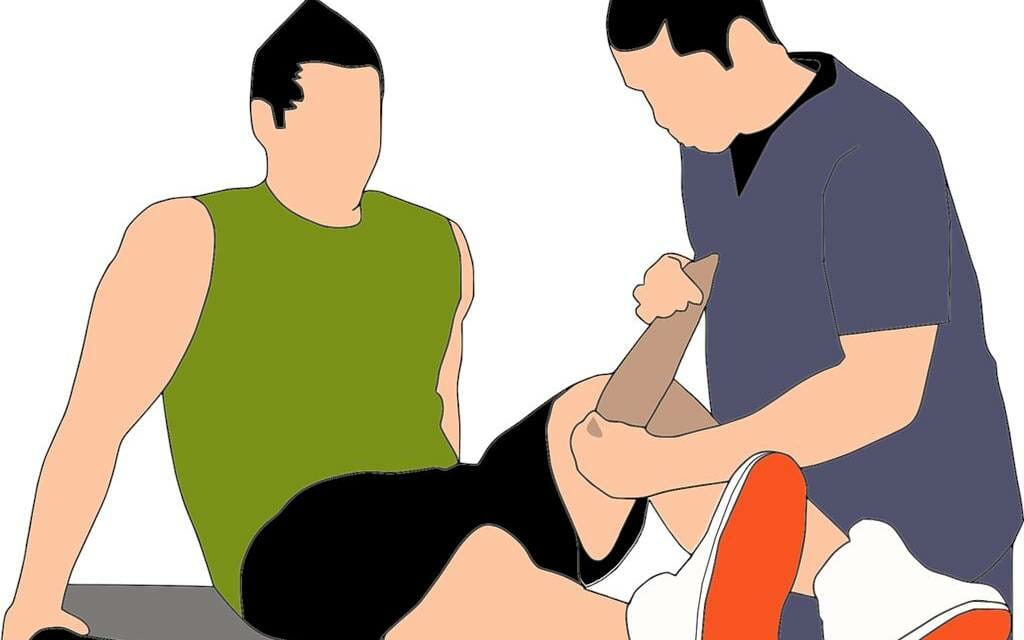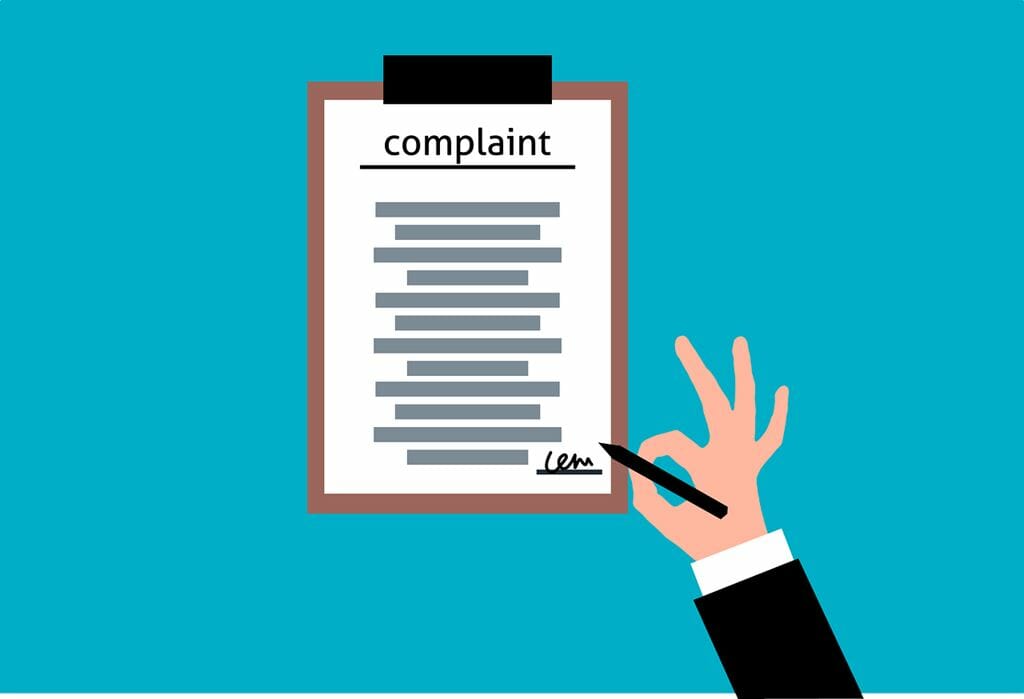
4 Important Facts You Should Know About Work-Related Injuries

Work-related injuries are a significant cause of disabilities and death in the United States. In 2004, almost five million non-fatal injuries and illnesses were reported to private industry employers. About 4,000 workers die from work-related injuries each year. It is estimated that at least 2 million more people suffer work-related injury or illness but do not report it to their employer or government agency responsible for record-keeping.
Employers who obtain state certification as required under employment laws regarding workplace safety and insurance coverage pay workers’ compensation benefits. All states protect against lawsuits arising from workplace accidents; however, conditions apply to filing such claims. Worker’s compensation benefits are not affected by any other insurance that may apply to the injury. These benefits are paid regardless of who was at fault in the workplace accident.
The following are four essential facts about work-related injuries that you should know:
-
You Need A Lawyer To Help You File A Work-Related Injury
Most employees injured on the job are entitled to workers’ compensation benefits. If you are injured at work, contact an experienced workers’ compensation attorney immediately. They can determine who is required to pay for your medical treatment and wage loss (employer or insurance company) as well as help you obtain all of the benefits that you may be due under your state’s worker’s compensation law.
Many hurt workers do not know what benefits they are eligible for or how to obtain them, especially since the insurance claims adjuster handling their case often takes months before their initial claim is processed. A workers’ compensation lawyer at Pines & Goldenzweig, PLLC, can explain which coverage applies in your injury case. Lawyers will help you with the entire process of filing a work injury claim and help you obtain the medical treatment needed to help make a full recovery.
-
There’s a Time Limit To Report Your Work Injury
For claims purposes, the Workers’ Compensation law requires that you notify your employer within 30 days from the date of the occupational injury or illness. If you fail to do so, a judge may rule that you have waived any right for workers’ compensation benefits. In addition, if you lose at trial based on a claim of failure to file a timely workers’ compensation claim and have previously received workers’ compensation benefits over time as a result of the injury/illness, you may be liable for paying back to your employer all workers’ compensation payments made on your behalf.
Even if you did not know that you had been injured at the time of the work-related accident, you are still required to report it within 30 days to avoid losing any rights. Be advised that your employer is not obligated by law to inform you about filing a claim or how long it has been since you were hurt. You should be aware that if it has been over 30 days since an occupational injury occurred and you have not reported it, this could result in being denied benefits later on when trying to file a claim.
-
Workers’ Compensation Claim Package
For getting started on filing workers’ comp claims after an accident, it is recommended to download and complete claim forms or ready-made forms available from the official state website. It will include:
- Claimant’s Statement,
- Witness Statement(s),
- Employer’s Report of Occupational Injury (ORO-2),
- Employer’s First Report of Occupational Injury (ORO-3), and
- Employer’s Second Report Of Occupational Injury (ORO-4).
As much as possible, when completing your claim forms for work comp benefits, be sure to answer the questions completely and accurately to ensure that you do not leave out any details. If you can show proof of your answers (such as copies of medical records) along with the completed form, this will help make a case of proving accuracy on your part if ever needed.
-
You May Be Entitled To Benefits While On Sick Leave/Sick Pay Or Disability
As soon as you are aware of your injury or illness, whether on the job or not, but suspect that it may be work-related, you should immediately contact the Workers’ Compensation office near your workplace for more information.
You may find out that you are eligible to receive benefits while attending physical therapy sessions and under sick leave/sick pay through your employer, pending the time when you will be able to go back to work. You can also apply for Social Security Disability Insurance (SSDI) during this time if any of your injuries or illnesses are severe enough to meet SSDI’s requirements.
There are many advantages to filing a claim for workers’ comp benefits. If you are unsure of what to do or where to go, you should speak with someone knowledgeable about this subject, such as an attorney specializing in work-related injuries. They will be able to provide you with information on what is needed to qualify, who the responsible party should be, and so on.

























